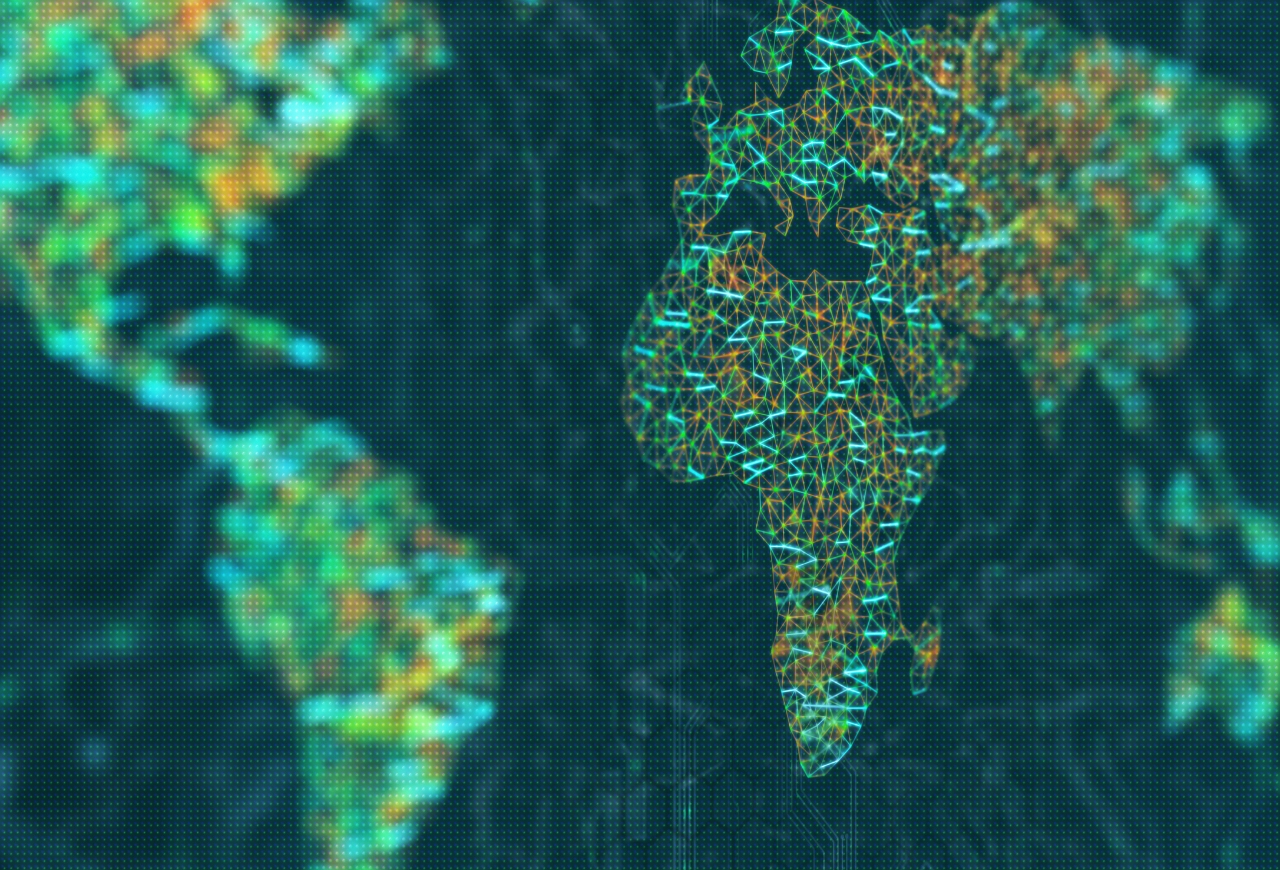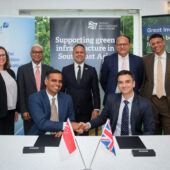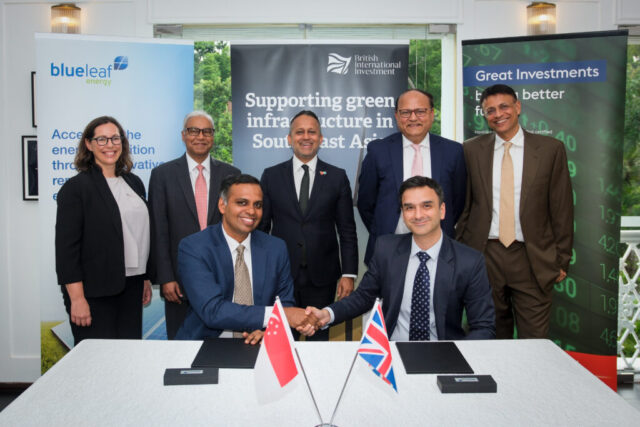The early commitment of DKK 1.1bn aims to bolster support from the fund’s other development partners and accelerate the delivery of the 2030 SDGs and Paris Agreement climate agenda on the African continent.

The Danish government has announced a planned DKK 1.1bn (€201m) pledge to the African Development Fund. The announcement was made during a Nordic-African foreign affairs ministers’ meeting held in Zimbabwe earlier this month and marks a 40% increase over its previous contribution to the fund.
The investment will be used towards accelerating the delivery of the 2030 UN Sustainable Development Goals and advancing the Paris Agreement on the African continent.
The Danish government indicated that its early commitment to the fund, which comes ahead of a replenishment pledging session due to take place with the fund’s development partners in December, sets a strong example for others to follow. It stands in contrast to the global trend in cuts to development aid budgets globally over the past two years.
The government also highlighted Denmark’s longstanding partnership with AfDB Group, which oversees the fund, and said the pledge reflects the country’s leadership in addressing pressing global challenges, including climate change, job creation for Africa’s youth, as well as building resilience in fragile contexts.
“Denmark is proud to increase its contribution to the African Development Fund, reaffirming our commitment to Africa and to strong multilateral cooperation,” said Denmark’s minister for foreign affairs, Lars Løkke Rasmussen. “The fund is a vital partner for African countries, delivering tangible impact on people’s lives. We encourage other countries to join us in supporting robust replenishment. Only together can we meet the world’s most pressing development and climate challenges.”
The African Development Fund is the concessional window – a designated pool of funds used to provide concessional finance – of the AfDB Group and a key source of financing for 37 low-income African countries. More than $45bn (€38.6bn) has been invested since the fund was established in 1972 in support of transformative investments in energy, transport, agriculture, governance, and regional integration.
New agreements signed
In a separate announcement, the AfDB Group publicised a $144.7m financing agreement to improve energy access and private sector competitiveness in Niger through the implementation of a dedicated national programme.
The financing, which will be channelled through the African Development Fund, aims to increase national electricity access from 22.5% to 30% by 2026 and the manufacturing sector’s contribution to GDP from 2.5% to 3.8%. A key component of the project focuses on developing renewable energy capacity, with plans for 240 MW of solar power by 2030, including 50 MW by December 2026.
Beyond the energy sector, the programme also aims to strengthen public financial management systems, and enhance tax revenue mobilisation and control systems. It will also support the clearance of domestic arrears, enhance public-private partnerships dialogue, and promote the adoption of an industrial and trade policy to bolster Niger’s private sector.
The African Development Bank, which is part of the wider AfDB Group, also announced the signing of an agreement with Japanese engineering firm JGC Corporation to explore cooperation in the development of sustainable aviation fuel (SAF) in Africa. The agreement establishes a framework for cooperation between the two institutions to jointly promote development, information and knowledge sharing, and to explore co-financing opportunities for sustainable aviation fuel and other green aviation solutions in Africa.





